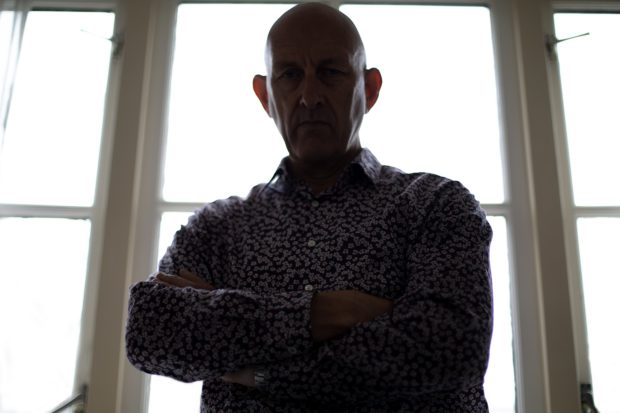I recently realised that I, along with most other members of the teaching and auxiliary staff at school, usually refer to the principal in conversations as ‘the boss’. I have found this to be the common, everyday practice for members of staff, no matter what their position, across the wide variety of schools I have had the pleasure of working in during my teaching career.
I also started listening to how people employed in other occupations referred to the people appointed in supervisory positions above them and realised using the word ‘boss’ in conversation with others, both at work and socially, is quite commonplace. In fact it’s very much the norm.
My referring to the principal as ‘the boss’ is something I have done for years without ever stopping and contemplating what was really going on behind the use of such a simple and seemingly harmless word.
If you had ever asked me why I referred to the many principals I have worked with over the years as ‘the boss,’ I would have said I did it playfully and with a touch of affection, but today I realised this, in truth, is not what is going on at all. I’ve realised I have never called any of the female principals I have worked with ‘the boss.’ I have always referred to them by their first name.
I was quite taken aback when I realised I only used ‘the boss’ when my principal was male.
This moment was a huge wake-up call.
This really made me stop and consider what was truly happening around my use of the word ‘boss,’ but only when ‘the boss’ was male. It felt like a blind acceptance on my part of the status quo society has held for aeons because, traditionally, most supervisors were male. There was quite an OUCH in that realisation, I can tell you.
I now can feel there is a flavour of deference and a giving away of personal power in how I have blithely been saying ‘boss’ along with everyone else over the years. The principal is my immediate supervisor, but not my boss. Principals are appointed in a supervisory position and are to provide support to their staff when required – same as expected of any other person appointed a supervisor in other occupations as well.
Thanks to Serge Benhayon and Universal Medicine’s presentations, I deeply know no one has control or power over me. I am at the helm when it comes to my life and the choices of behaviour I make. I am the boss of me; no one else, no matter what relationship – work, social or familial – we share. I am at the helm of every choice I ever make in my life – no one ‘pulls my strings’ or can make me do anything without my giving permission for it to happen in the first place.
Becoming aware of my use of the word ‘boss’ seems such a small thing, however it feels like it holds an enormous learning for me to use the principal’s first name in conversation, as I do for everyone else I am referring to, from now on.
I have kept this awareness at the forefront of my awareness at work and in any conversation I’ve had about school since I arrived at this realisation. Interestingly, I have found it quite a challenge at times as I suddenly realise I’ve let the words ‘the boss’ slip out in conversation. They say old habits die hard and, at this stage, I would say it is a work in progress.
I am now also choosing to stay more consciously aware of the words I use in all of my conversations, no matter the context. Thanks to the realisation I had about my usage of the very small word ‘boss,’ I am now on the lookout to see if any other undertones of deference or giving away of my power are present in any other situations in my life, as I know doing this is not at all supportive to my personal wellbeing, self-worth or self-respect. Sure has been a great lesson to learn.
By Anonymous
Further Reading:
Love in Business – Creating Harmonious Workplace Relationships
A woman’s worth at work
Words: The power and the glory, or a death sentence?





